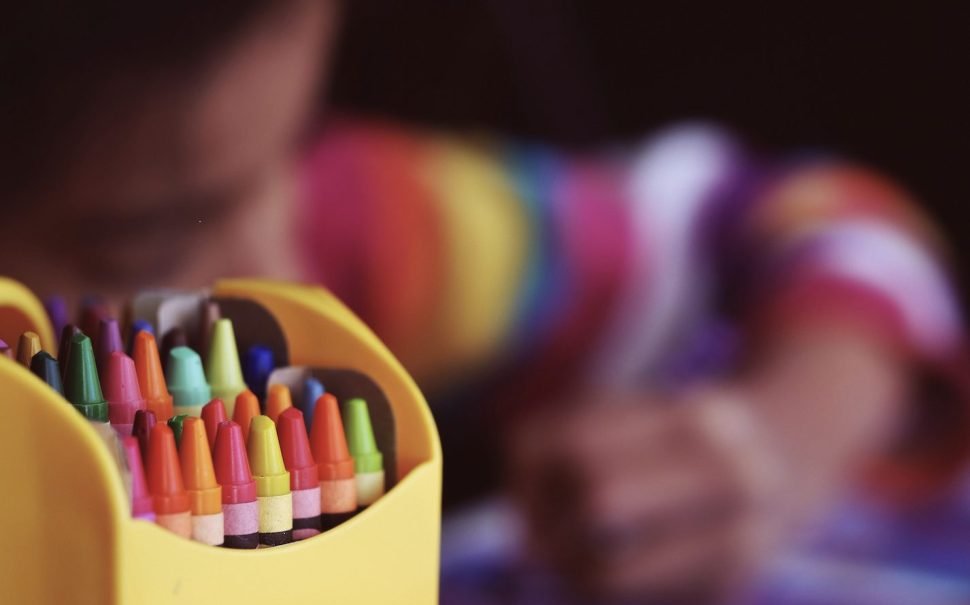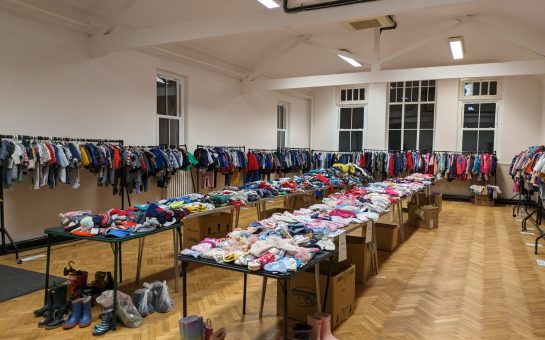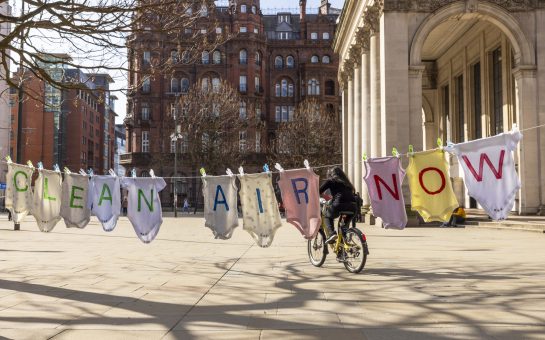As classroom teacher vacancies rise for the third year in a row, MM asks whether the profession’s issues stem from Covid, or whether they are part of a more deep-rooted problem.
In 2020, teachers were already navigating austerity cuts, stretched budgets and an increased workload.
And then Covid-19 hit.
Teachers and pupils faced two years of Microsoft Teams, social distancing and uncertainty.
Now, there is not a mask in sight. But the profession is still feeling the repercussions, with Greater Manchester experiencing a steep rise in teacher vacancies since lockdown.
Data released last year from the Department for Education shows vacancies across the region have more than quadrupled since 2020.
Before Covid, this number was on the decline, decreasing by just over 35% between 2018/2019 and 2019/2020.
But lockdown saw vacancies shoot past the pre-pandemic level in the 2021/2022 academic year alone.
These figures echo a UK-wide trend. A report published last month by the National Foundation for Educational Research found that the number of teachers recruited to initial postgraduate teacher training programmes is lower than before the pandemic, despite an increased demand for teachers due to the rising number of secondary school pupils.
So how has Covid impacted those in the profession?
Sam* used to teach at a secondary academy in Greater Manchester. He was in the profession for six years. But last year, he decided to take a break from teaching.
Having to deal with the effect of Covid on his pupils’ development was a contributing factor in his burnout over the past two years.
“Every teacher I have spoken to who had more experience in the profession said that teaching has changed more in the past four years than it has in their career,” said Sam.
“A lot of that is [to do with] the safeguarding and the societal issues that you need to deal with on the pastoral side of teaching; trying to keep the kids all together in the class as you’re teaching online or dealing with immediate traumas from the 2020-2021 year.
“But now, and for the next few years, you’re going to be dealing with children who were in primary school during the lockdowns. These were children who suffered trauma at home because maybe their parents weren’t dealing with lockdown very well, or they became addicted to screentime because they couldn’t go out and do their normal playing, or they just weren’t socialised because they couldn’t go into primary school regularly and learn those really basic social cues.”
Before leaving last year, Sam found himself spending much more time dealing with children who lacked basic social skills, particularly those in the lower years of secondary school.
Trying to teach in this environment, he said, was quite stressful.
Sam’s school took a relational approach to tackling the effects of the pandemic on pupil: it focused on attempting to treat young people in a way that helps them develop responsibility for their own actions, rather than turning straight to punitive measures.
But Sam found this approach required more emotional capital from the teachers themselves.
“You just haven’t got the time,” said Sam. “You’re basically being a parent to 30 children and it’s impossible.”
John Morgan, Manchester’s National Education Union (NEU) district secretary, saw first hand the impact Covid had on teachers’ mental health. Some NEU members were left “terrified” about the prospect of returning to schools after lockdown measures lifted, he said.
“I think [during the pandemic] there would have been a lot of people who were near retirement age or just decided they didn’t want to do it any more because it was an extremely stressful time.
“I was answering phone calls at 11 o’clock at night during the pandemic from some very very worried members. The effect on their mental health was huge because they were contracting Covid by being in work and there was a point where nobody really knew how deadly it was.
“I would say we lost a lot of staff at that point because they were just terrified and either decided to retire early or just get out of the game.”
Sarah* is one of those who did stay. She has been a primary school teacher in Greater Manchester for 29 years.
She feels the pandemic – and the subsequent lack of support for new parents – exacerbated the expectations placed on teachers.
“When I had my children, I was really well supported with pre-natal and anti-natal classes,” she said. “The minute you’d had your baby you were introduced to your health visitor, and you were given all these checks and visits to your house, but that all completely stopped.
“And I think parents were very isolated. And because they’re so isolated, I do think a lot of parents have just lost an understanding of what school is,” she said, referencing the rise in school-age children who aren’t toilet trained – one in four school-starters, according to early years charity Kindred.
Sarah feels parents increasingly expect teachers to sort issues like this.
“They don’t understand that they have to work with us,” she said. ‘It’s a real team approach.”
But Covid may have only exacerbated pre-existing issues.
“It’s not just Covid,” said Sarah. “It’s years of austerity as well as the pandemic, which has had a massive dent on people’s finances.
“All the Sure Start Centres that gave support to parents in need are virtually gone, and people are on their own. Even though services like health visitors are up and running again, the service is not what it used to be. People are struggling just to keep a roof over their heads.”
As more and more people need to work full-time, Sarah finds more parents are treating school like a nursery and want their children to stay on the premises from 8:00 AM until 6:00 PM.
“There is such an expectation on what we have to deliver,” she said.
Sarah isn’t the only teacher who thinks these problems run deeper than the pandemic.
“The education sector has been underfunded, almost criminally, over the last decade,” said Sam.
“So, if you want to attract keen professionals rather than jokers who are just wasting a year in order to get a training bursary, you need to offer good rates of pay for the hours that it takes to actually do the work.”
Mr Morgan recalled just how stretched classroom resources have become in recent years.
“I’ve walked into a members’ meeting and put a bag of glue sticks down and [the teachers] were just so happy,” he said. “And that’s really sad because it should be the bare minimum to have a box of glue sticks in your room. That is a genuine example of how resources are so limited in some schools.”
Sarah echoed this. She finds it particularly frustrating to try and create a creative curriculum with such a strained budget.
“We’re struggling to just keep afloat and balance the books,” she said. “You just end up buying things yourself.”
* Names changed
Featured image: child colouring by Aaron Burden on Unsplash. Free to use under the Unsplash Licence.




